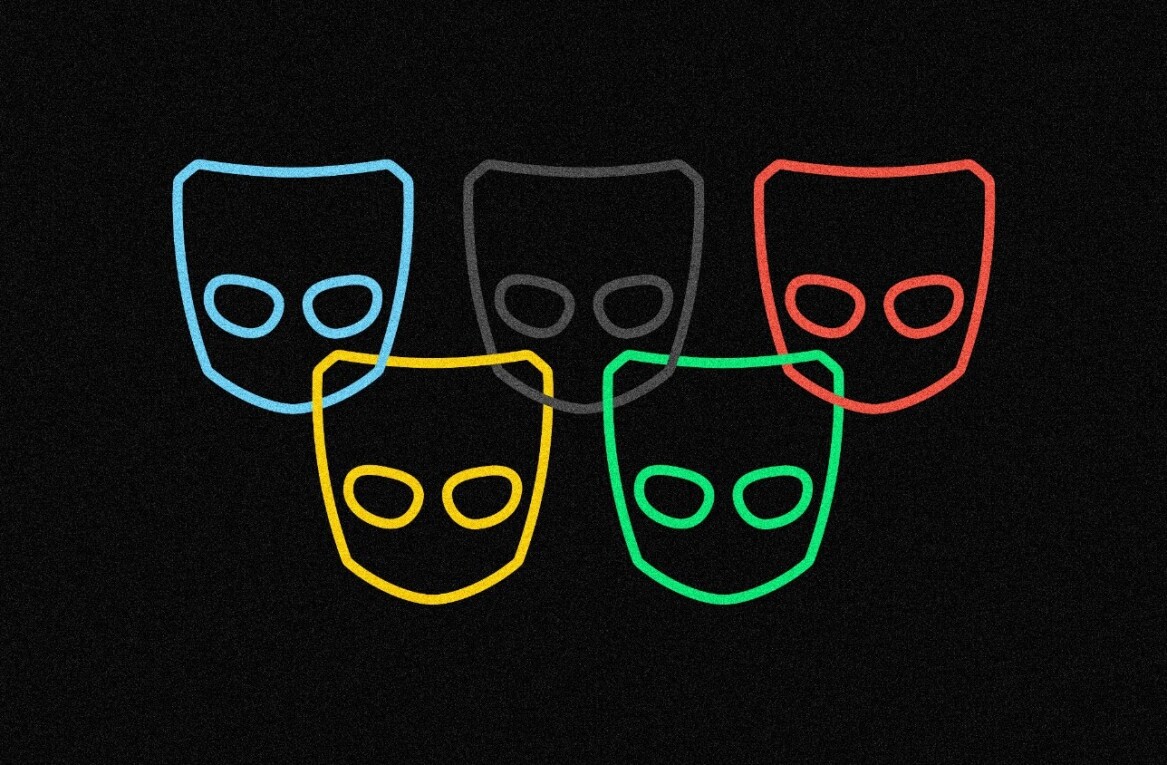
Storify has recently announced that it will be working in cooperation with Taghreedat to translate its interface into Arabic.
We caught up with Taghreedat co-founder Mina Takla to find out more about the project.
Speaking to The Next Web, he told us that Arabic is one of the first three languages that Storify will be translated into.
Taghreedat, which we first saw last month, taking a look at the organization’s initiative to compile a ‘Web 2.0’ dictionary in Arabic, has been firmly focused on producing Arabic online content; translating Wikipedia articles, encouraging native speakers to take to Twitter in their mother tongue and was also involved in the translation of Twitter’s Arabic interface.
With over 2,500 volunteers, and the support of twofour54, an Abu Dhabi based investment group, Taghreedat’s latest initiative is all about making Storify accessible to Arabic speakers.
Takla told us how it all came together:
“Moving forward and building upon the experience it had in building and motivating the Arabic community, Taghreedat reached out to San Francisco-based Storify to translate its interface into Arabic in April. Taghreedat’s interest in Storify stemmed from the online publishing and archiving power that Storify has and the ability of users to save and publish social media content via the site.”
Storify migrated all of its strings to an open source system, giving the Taghreedat volunteer community the chance to translate it all into Arabic – including Storify’s buttons, notifications, and all website sections.
Takla said that Storify welcomed the project. “It’s expected to boost adoption and usage of Storify by Arab users worldwide,” he said.
Taghreedat will also be linking the Storify project directly to one of its original projects, with all translated items ported to its tech dictionary.
This move may, however, come as a blow to Yahki, a Cairo-based alternative to Storify, whose native Arabic interface was one of the its main selling points when we took a look at last October.
A similar attempt to bring an Arabized version of Twitter to an Arabic-speaking audience came to an end last year, before Twitter even introduced its own Arabic interface. Storify’s move to translate its own interface may prove to make it an even bigger threat to Yahki’s existence.
Within 15 hours of the announcement, over 400 translators had already translated 330 strings, with the majority of volunteers coming from Saudi Arabia, closely followed by the UAE and Egypt. Volunteers from Qatar, Jordan, Libya, Sudan, France, the UK, US, Algeria, Tunisia, Kuwait, Lebanon, Syria and Palestine are also involved in the project, which is expected to be finished by mid-June.
Arabic is one of the fastest growing languages on the Web, as the Middle East races to catch up with its global counterparts, on Twitter, Wikipedia, and more. With this latest project, a little bit of that growth is bound to go Storify’s way.
Get the TNW newsletter
Get the most important tech news in your inbox each week.




